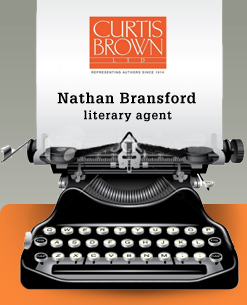One Question Writers Should Never Ask
Did I like the book?
Full stop! Do you ever find yourself asking this question after finishing a new book?
I’m not sure I’d go so far as Nathan Bransford because it’s natural, almost instinctual to size up a read according to your own personal like/dislike criteria. But don’t stop there. My sub-four year old nieces are accomplished like/dislike experts. So is my Labrador Retriever, Griffin. It’s pretty well ingrained in the DNA of humans and those critters who mingle amongst us. But it’s not the most valuable assesment tool. Probe deeper, Bransford reminds us. Especially if you’re an aspiring writer — essaying to leap from unpublished, unread obscurity to scribbling fandom — you must learn to asses books, especially widely purchased and read books with more useful metric.
“X sucks.” … [If] this is all an aspiring writer is taking from a book, they missed the main point of reading it. All they figured out is whether they liked the book or not… the one question that aspiring writers should never ask themselves when reading a book is, “Do I like this?” … Who is that question about? Well, it’s about you. It’s about your taste, and whether the book fit in with your likes and dislikes. It’s not about the book. It’s about you and whether the book spoke to you… but plumbing the depths of our likes and dislikes is about entertainment, it’s not knowledge that is overly helpful as a writer. Knowing your likes and dislikes will help you imitate, but it won’t help you learn tools you can really use.
The real question aspiring writers should ask is not whether they liked a book, but whether they think the author accomplished what they set out to accomplish. How good is the book at what it is trying to do? … Once you start looking at an author’s intent, you’ll start to see where they succeeded and didn’t succeed at what they were trying to accomplish. And you’ll also start seeing that what most megabestsellers have in common is that the authors were phenomenal at delivering the thing(s) they set out to accomplish and at giving readers the experiences they wanted to give them. You’ll start absorbing the positive attributes of books you might not even like all that much.
Asking this question and really thinking about it is the place where nuanced reading starts, and where writers will start noticing craft, technique, and things they can actually use when they write. (Nathan Bransfor’s Blog)
Related articles
- My Best Advice for Writers From 2011 (janefriedman.com)
- Do People Know That You Write? (nfaa.wordpress.com)







